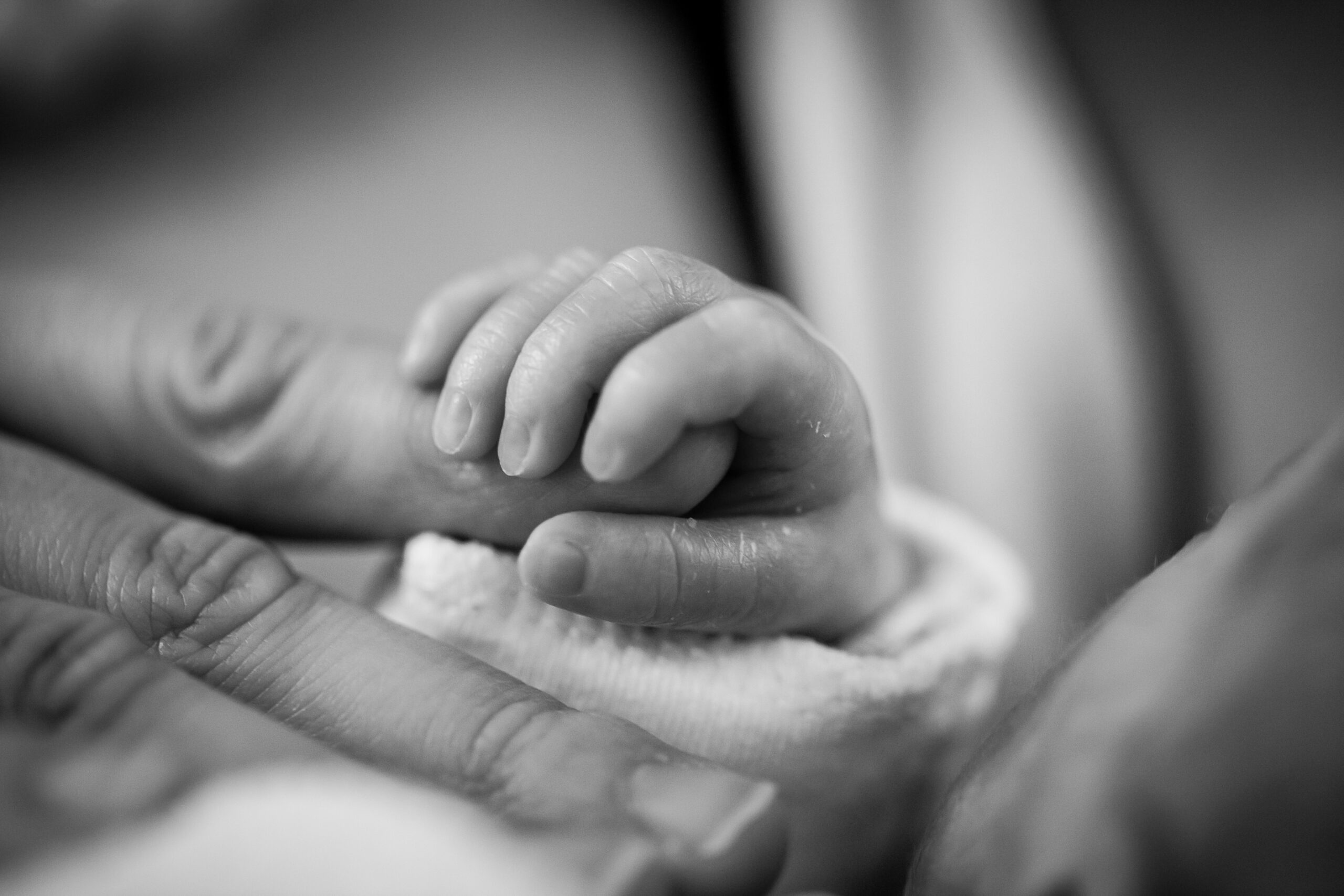our blogs
Current Post

First Years: A Continuation of Infant Mental Health
Sarah Peterson, MSW, LSW, ECMHC, OIFP-II
Counselor, Insight Clinical Counseling and Wellness, LLC
Focus on infant mental health and the perinatal period is crucial for many reasons. For one, this is the foundation of healthy attachment and mental health development. Bouncing off of this is our second and most important reason: when we have a strong foundation, we can build a strong mental-wellbeing. We can prepare for those moments that cause anxiousness and low mood and avoid them rather than heal from them.
When a healthy biological mom gives birth to a healthy baby, this perfect foundation is laid. The next step would be for the mother and baby to bond. In short, baby lets mom know they have a need and mom responds with absolute certainty one hundred percent of the time. As this relationship grows, mom is always there and never falters.
Okay, now time for reality. Mom is not healthy in the perinatal period. Mom is overwhelmed, scared, depressed. Mom is using substances to cope. Mom has the baby—she is not happy and excited. She is overwhelmed. She is scared. She is depressed. Mom begins to barely take care of herself let alone another person.
And as for that other person? That other person’s needs are not being met. The baby is hungry. The baby is dirty. The baby is scared. The levels of what this looks like vary—some situations cause for this baby to be placed with a caregiver other than their birth mother. This baby is now confused and hungry and so, very scared.
While it is important to remember that each caregiver is going to respond differently to stress (sometimes giving their all to their baby and losing themselves, sometimes losing everything, and everything in the middle), it can almost be guaranteed that one thing is universally true: moms need support.
Different people require and have the ability to have different support at home. The phrase “it takes a village” rings true, but where is the village and how do we get there? Often times, a village needs started. This can look like starting or joining a support group or seeking individual therapy. Individual therapy can often help navigate feelings and symptoms as early as pregnancy—or even before.
So, if mom and dad are now capable and calm—what is next when it comes to attachment? We know that Erikson’s stages of attachment are vital, per our last article. The baby is in the stage of trust versus mistrust. When the baby is responded to, they develop trust. When they are not responded to, or responded to erratically, the foundation for mistrust is laid. Baby’s need responses to both their physical and mental health needs in order to gain that attachment and build trust: feed as quickly as possible when baby is hungry, change quickly, respond to each and every cry—not letting the baby figure it out as they do not yet have these skills to understand why they are scared or how to cope with it. This is secure attachment.
There are three other attachment styles as noted by John Bowlby: avoidant, ambivalent, and disorganized. The remainder of this article will highlight avoidant attachment.
Avoidant attachment comes from a caregiver whom ignores an infant’s needs. The infant learns to not seek comfort because no one is coming. This is not necessarily a positive thing. While this is often praised for an “independent” child. This child is often scared and lacking trust. They are not coming because they are able to handle their own emotions, they are not calling because no one is going to answer.
This can then carry onto adult relationships. This may look like an adolescent yelling and screaming and not communicating their needs because they know they are not going to be heard. This may look like a teenager or adult not confiding a secret or fear because they believe they will be ignored and not supported.
Each attachment style is dependent on not only caregiver response, but caregiver support. In order for caregivers to feel that they are able to maintain the stress of parenting, they must be made to feel that they can lean on others for support. Thus, the cycle of attachment and trust in others begins.
Latest Posts

What is OCD and How Do We Treat It?
When we hear that someone has an obsessive-compulsive disorder (OCD) diagnosis, we often think this means they are very clean and like to wash their hands! Although these symptoms can be true for some individuals experiencing OCD, this is also a very limited perspective. First, let’s break this down by getting into the obsessions, then the compulsions, how they work together and lastly, what OCD treatment looks like.

Coercive Control: The Hidden Domestic Violence
When most people hear about intimate partner violence (IPV), thoughts of physical abuse usually come to mind. However, another insidious form of abuse, coercive control, is often overlooked since the scars are not always visible. Some coercive controllers are physically violent, while others are not.

You Don’t Have to be a Monk to ‘Meditate’
So many of my clients have shared with me that meditation (mindfulness) coping skills ‘Don’t work for me!’ or ‘They make my anxiety worse!’ or ‘I could never sit and think about nothing!’ Maybe you can relate? For most of us, when we think of meditating, we think of a monk sitting cross legged on the floor experiencing a state of quiet and focus. Honestly, that’s what comes to my mind too.
Our Locations
Request Appointment
Contact

Copyright © 2025 Insight Clinical Counseling & Wellness, LLC. All Rights Reserved.

Our Locations
follow us
Instagram
Facebook
LinkedIn
